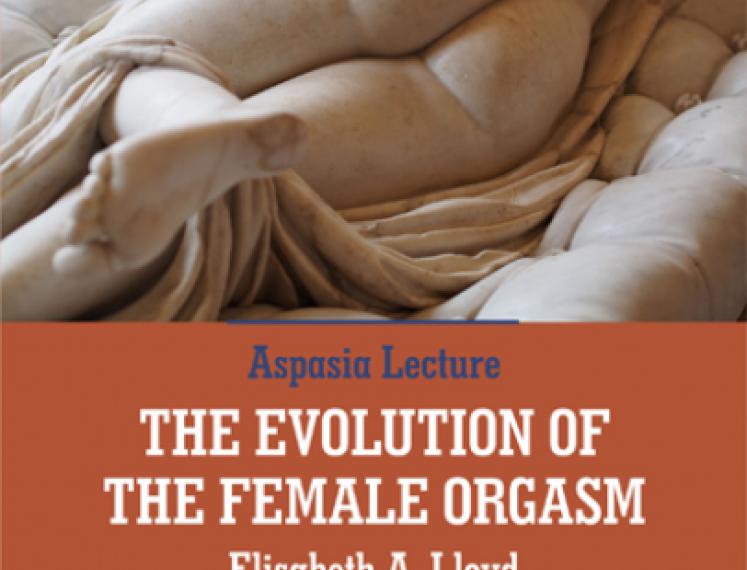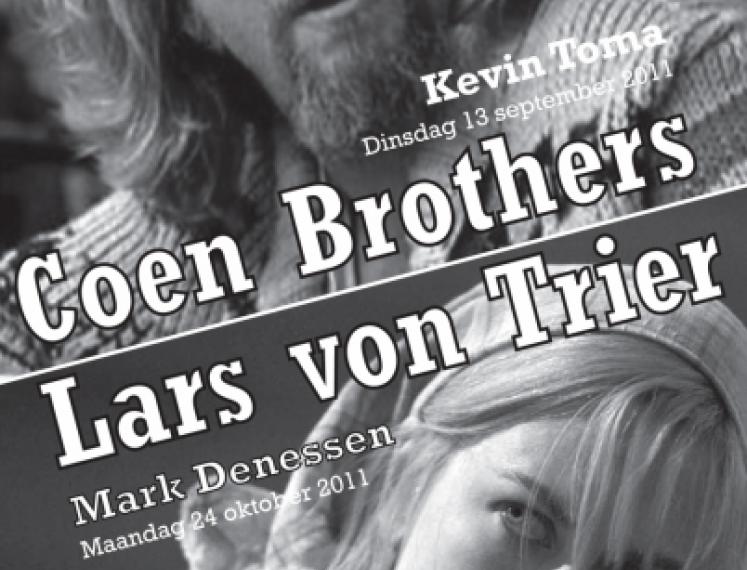
Academiegebouw
Broerstraat 5
Groningen
Netherlands
The Evolution of the Female Orgasm
The female orgasm in humans presents an evolutionary puzzle. If female orgasm is not associated with any increase in fertility or reproductive success, then what exactly is its function, if any?
The male orgasm has a straightforward evolutionary function: it makes males want to have sex more often, which in turn makes them more likely to have offspring. But how to account for female orgasm, when nearly three-quarters of women don't always reach orgasm during sexual intercourse? Moreover, if female orgasm is not associated with any increase in fertility or reproductive success, then what exactly is its function, if any? Several evolutionary explanations for the occurrence of female orgasm among humans have been proposed. However, Elisabeth Lloyd argues that only one of them is indeed sufficiently supported by scientific evidence. According to Lloyd, the female orgasm is not an evolutionary adaptation, but a by-product – which turns out to be a fantastic bonus. In effect, human females have the ability to have orgasms because they share the same embryonic development with human males, and for males there are obvious evolutionary advantages in the ability to have orgasms. Despite being widely supported by data, the ‘bonus’ account is still rejected by a large number of scientists. Why have the other theories, despite having insufficient empirical support, been so popular? Lloyd attributes this fact to the effect of biases in scientific inquiry, which will be discussed in detail during her lecture.
Elisabeth A. Lloyd holds the Arnold and Maxine Tanis Chair of History and Philosophy of Science and is also Professor of Biology, Adjunct Professor of Philosophy at Indiana University. She received her B.A. from the University of Colorado and her Ph.D. from Princeton University. She has received numerous awards and grants, including several from the National Science Foundation. Her research interests are primarily in the philosophy of biology, general philosophy of science, the role of models in science, and gender issues in science. Her publications include the book The Case of the Female Orgasm: Bias in the Science of Evolution.


